News & Media
From 2012 to 2020, Fr. Paul Mankowski, SJ delivered hundreds of lectures and master classes at the Lumen Christi Institute. Seeking to share the depth of his scholarship, this podcast offers many of his lectures (edited for coherence and quality) to the public in digital format for the first time. The first season will feature a course that Fr. Mankowski gave on Joseph Ratzinger’s Jesus of Nazareth and dozens of lectures centered around the books of the Bible (including Genesis, many of the prophets, the Gospel of Matthew, and St. Paul’s Letter to the Romans). Episodes will be released on Mondays, Wednesdays, and Fridays from September through December. To conclude the season, we’ll offer one or two interviews with people who knew Fr. Mankowski well and can offer an entry point to his person and scholarship.
Free and open to the public. Cosponsored by the Institute for Human Ecology at Catholic University of America and America Media. The event will take place online over Zoom and YouTube livestream. Who is my neighbor? Who is my brother
Free and open to the public. This event is co-presented with America Media, the Kellogg Institute for International Studies, and the Permanent Observer Mission of the Holy See to the United Nations, and is co-sponsored by the Beatrice Institute, the
Free and open to the public. This event is being co-presented with the International Academy for Bioethical Inquiry, and co-sponsored by the Albert Gnaegi Center for Health Care Ethics. This event will be held on Zoom (registration required) and live-streamed
Free and open to the public. This event is organized by the Harvard Catholic Forum and is co-presented with the Lumen Christi Institute. This event will be held on Zoom (registration required) and live-streamed to the Harvard Catholic Forum’s YouTube
Through the work of editing and translating Syriac manuscripts, scholars continue to enrich our historiography of the formative centuries of Christianity. This research has been particularly fruitful in the areas of biblical interpretation, asceticism, the history of doctrine, and the
Philosopher Jean-Luc Marion was named a recipient of this year’s Ratzinger Prize, often called the “Nobel Prize” for theology, by the Joseph Ratzinger-Benedict XVI Vatican Foundation. Prof. Marion will be awarded the prize by Pope Francis in a ceremony in
The Lumen Christi Institute is pleased to host reading groups for the University of Chicago community, particularly so while many individuals are working remotely. Below are the student reading groups scheduled for the Fall quarter of 2020. New Testament Greek
Free and open to the public. This event will be presented on Zoom (registration required), as well as through live-stream on YouTube. This event is presented in collaboration with the Godbearer Institute as part of a Fall webinar lecture series
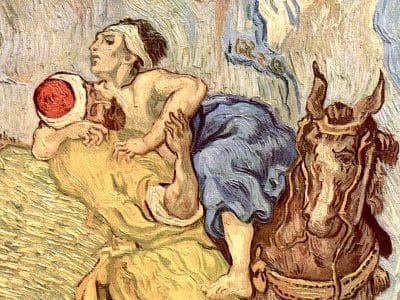
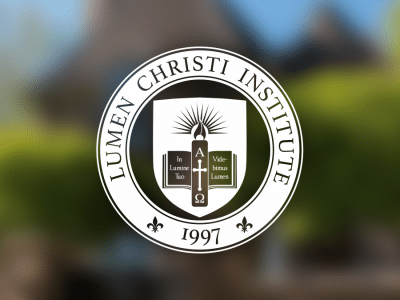
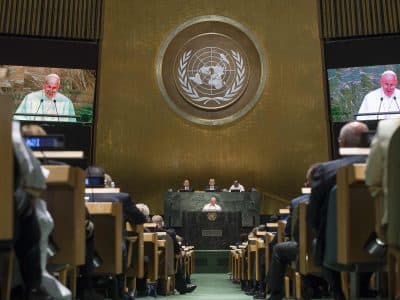


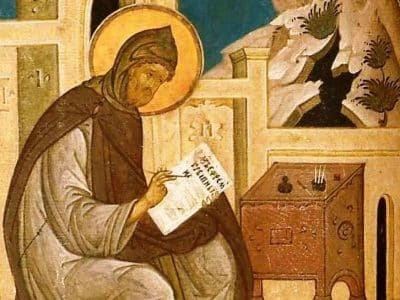
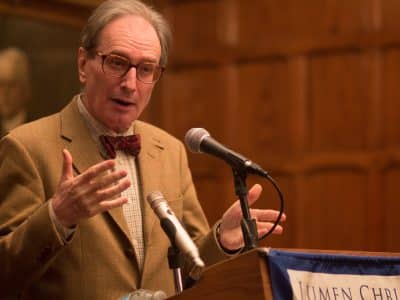
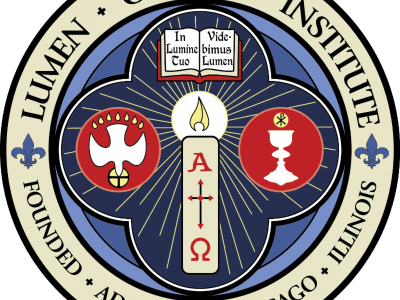
-400x300.jpg)